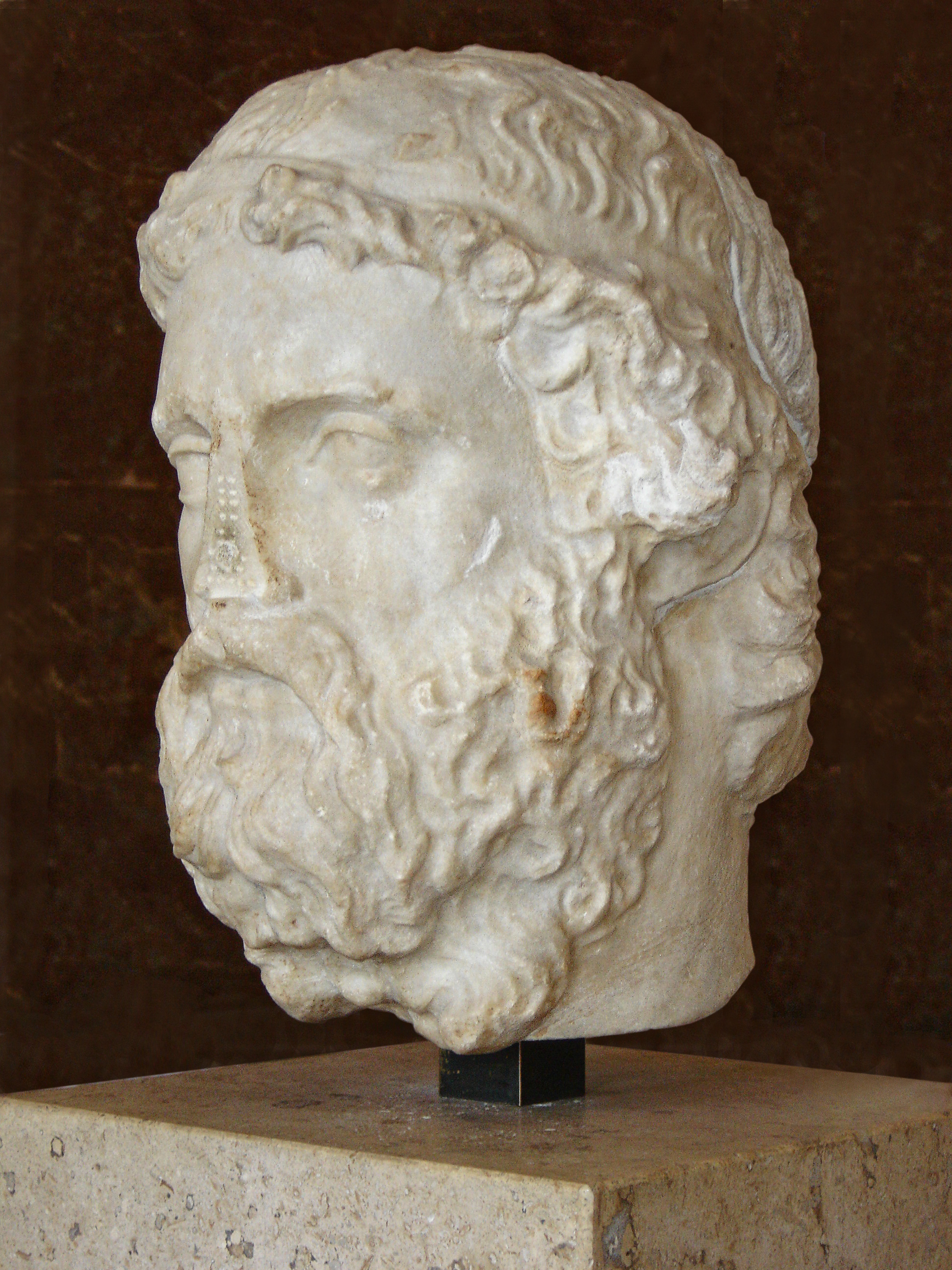Źródło: anakreontyk bez tytułu, tłum. Jerzy Danielewicz
Anakreont z Teos cytaty
Anakreont z Teos: Cytaty po angielsku
Wariant: Fruitful earth drinks up the rain, Trees from earth drink that again; The sea too drinks the air, the sun Drinks the sea, and him the moon. Is it reason, then, do ye think, That I should thirst when all else drink?
Źródło: Odes, 21.
Odes, XXIV.
Wariant: The bull by nature hath his horns, The horse his hoofs, to daunt their foes; The light-foot hare the hunter scorns; The lion's teeth his strength disclose.The fish, by swimming, 'scapes the weel; The bird, by flight, the fowler's net; With wisdom man is arm'd as steel; Poor women none of these can get. What have they then?—fair Beauty's grace, A two-edged sword, a trusty shield; No force resists a lovely face, Both fire and sword to Beauty yield.
